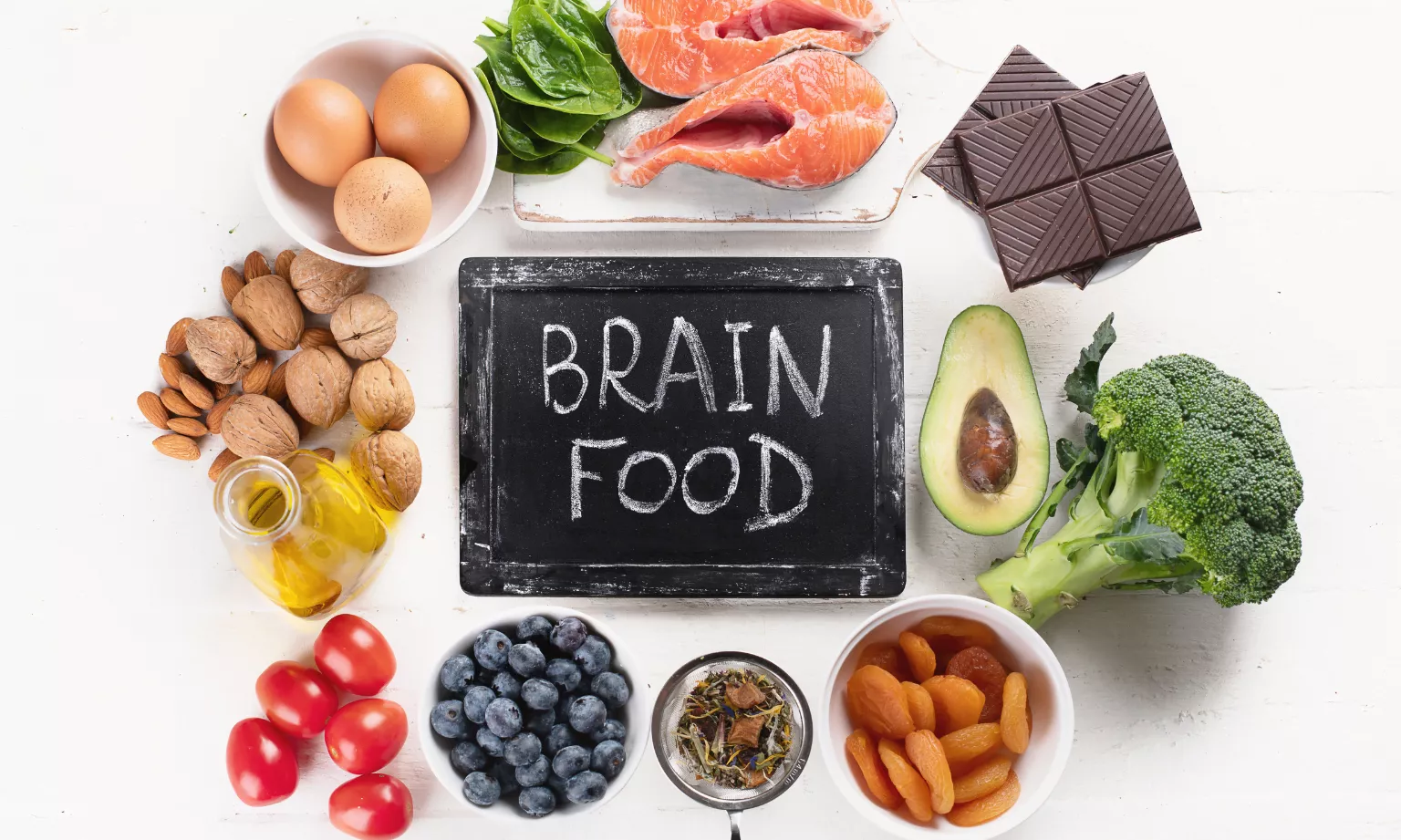Coffee is a beverage that is highly consumed all over the world. To most individuals, the morning is not complete without the first cup. It enhances concentration, lifts the mood, and provides that energy boost we so frequently require. However, coffee, though rewarding has a couple of dangers.
An excessive amount of it or its consumption at the improper time may influence sleep, digestion, and even bones. So, where do you draw the line? What are the actual coffee advantages and side effects, and what does science say about the impact of coffee on your health?
What makes coffee good for your body?
The secret is in the compounds which are inside each cup. Coffee is rich in antioxidants. They are natural chemicals that safeguard your body against harm by unstable molecules referred to as free radicals. The consumption of antioxidants regularly is associated with reduced incidences of chronic illnesses, such as heart diseases and certain cancers.
Studies also show that moderate coffee consumption may help reduce the risk of type 2 diabetes, Alzheimer’s disease, Parkinson’s disease, and even liver disorders. One of the most talked-about health effects of coffee is its positive role in supporting liver function. People who drink coffee regularly are less likely to develop cirrhosis or liver cancer.
Caffeine, the main stimulant in coffee, also improves alertness, memory, and mood. This is why many people feel more awake and focused after a cup. It can even help with physical performance by increasing adrenaline levels and breaking down body fat during workouts. For people who struggle with sluggish digestion, caffeine can also act as a mild laxative. It encourages bowel movement and can be useful for those dealing with occasional constipation.
When coffee becomes a problem
As helpful as it can be, coffee is not always the hero. Like most things in nutrition, balance is everything. When taken in large amounts, caffeine can overstimulate the nervous system. This leads to restlessness, anxiety, a racing heartbeat, and poor sleep quality. People with high caffeine sensitivity often notice these signs after just one or two cups.
Another concern is its effect on the stomach. Coffee can increase acid production, leading to symptoms like heartburn or reflux in sensitive individuals. For people with gastrointestinal issues or ulcers, this can become uncomfortable very quickly.
One of the lesser-known coffee benefits and side effects is its impact on bone health. Some research suggests that drinking more than four cups a day may reduce calcium absorption, especially in women. Over time, this can affect bone density.
Regular coffee drinkers may also become dependent on caffeine. If you suddenly stop drinking it, you may feel tired, irritable, or develop headaches. These are signs of caffeine withdrawal. That’s why it’s important to reduce intake slowly if you’re planning to cut back.
The best way to enjoy coffee is in moderation. Experts suggest limiting intake to around 3 to 4 cups per day, or no more than 400 mg of caffeine. Pregnant women should keep it under 200 mg daily. For personalised advice, a consultation at a Nutrition and Dietetic Hospital in India can help you understand your ideal caffeine intake based on your health condition and dietary needs.
How to drink coffee the right way
If you want to enjoy the perks of coffee without the downsides, timing and preparation matter. Drink it in the morning or early afternoon. Avoid coffee late in the day, as it can disrupt your sleep cycle.
Try filtered coffee instead of unfiltered types like French press or boiled coffee. Filtering reduces compounds like cafestol and kahweol, which may raise cholesterol levels. Also, be mindful of what you add. Cream, sugar, and flavour syrups can turn a healthy cup into a calorie-heavy drink.
If you notice that coffee affects your mood, sleep, or digestion, it might be time to reduce your intake. For some people, cutting back to one or two cups a day is enough to feel better. You can also explore gentler options like herbal teas or decaffeinated coffee.
Need guidance? Qualified nutritionists and dietitians in India can help you assess whether coffee fits into your overall health plan. They’ll consider your medical history, sleep habits, and daily routine before making a recommendation.
Final thoughts
Coffee can be both a health booster and a source of trouble. It all depends on how much you drink and how your body responds. The health effects of coffee include better brain function, liver support, and reduced risk of chronic disease. But overdoing it can lead to anxiety, poor sleep, digestive problems, and caffeine dependency.
Understanding the real coffee benefits and side effects helps you make smarter choices. Keep your intake moderate. Listen to your body. Watch for warning signs. And if in doubt, speak to specialists at a trusted Nutrition and Dietetic Hospital in India.
Support is always close. With help from experienced nutritionists and dietitians in India, you can enjoy your daily coffee without risking your long-term health. The cup may be small, but the impact can be big. Make sure it’s working for you, not against you.










